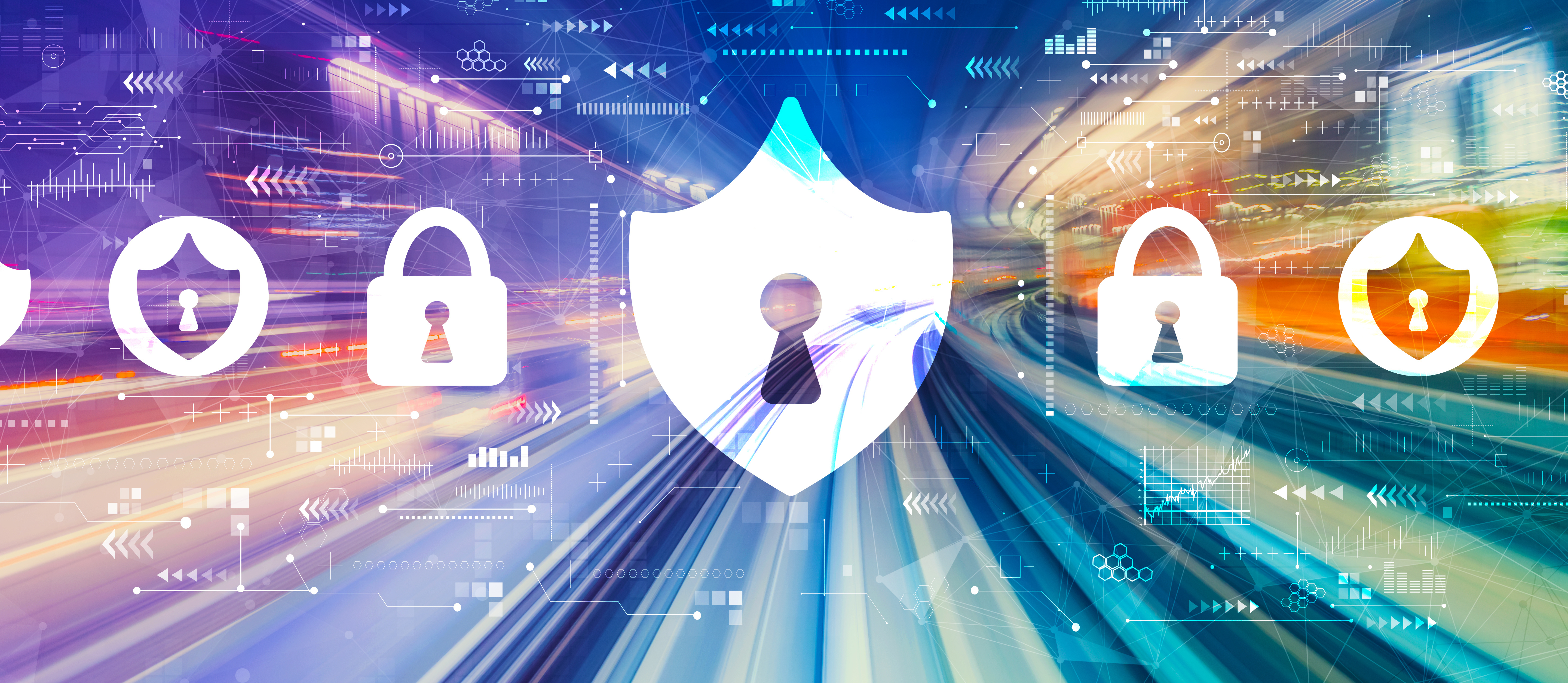What are Cyber Security Services?
Cybersecurity services encompass a wide range of offerings provided by organisations, professionals, and experts to help individuals and businesses protect their digital assets and information from cyber threats and attacks. These services are designed to address various aspects of cybersecurity and can be tailored to meet the specific needs and requirements of clients.
Here are some common types of cybersecurity services:
Security Assessment and Auditing Services:
Vulnerability Assessments: Identifying and assessing weaknesses in a network, system, or application.
Penetration Testing (Pen Testing): Simulating cyberattacks to identify vulnerabilities and assess the effectiveness of security measures.
Security Audits: Evaluating an organisations compliance with security policies, standards, and regulations.
Incident Response Services:
Incident Detection and Analysis: Monitoring networks and systems for signs of security breaches and analysing incidents when they occur.
Incident Response Planning: Developing plans and procedures for responding to and mitigating cyber incidents.
Digital Forensics: Investigating cyber incidents, collecting evidence, and analysing data to determine the extent of a breach and identify perpetrators.
Security Consulting Services:
Security Strategy and Planning: Developing a comprehensive cybersecurity strategy and roadmap.
Risk Assessment and Management: Identifying and mitigating cybersecurity risks to an organisation.
Security Policy and Procedure Development: Creating policies and procedures to guide security practices within an organisation.
Security Awareness and Training:
Employee Training: Providing cybersecurity training and awareness programs to educate employees about security best practices and threats.
Phishing Simulation: Simulating phishing attacks to assess employees' susceptibility and improve awareness.
Managed Security Services (MSS):
24/7 Security Monitoring: Continuous monitoring of an organisations networks and systems for potential threats.
Threat Intelligence: Gathering and analysing threat intelligence data to proactively defend against emerging threats.
Security Incident Response: Providing rapid response and remediation in the event of a security incident.
Endpoint Security Services:
Antivirus and Anti-malware Protection: Deploying and managing antivirus and anti-malware solutions on endpoints (computers, mobile devices).
Endpoint Detection and Response (EDR): Monitoring and responding to suspicious activities on endpoints to detect and mitigate threats.
Network Security Services:
Firewall Management: Configuring and managing firewalls to control network traffic and prevent unauthorised access.
Intrusion Detection and Prevention Systems (IDPS): Deploying and monitoring IDPS to detect and block suspicious network activities.
Cloud Security Services:
Cloud Security Assessment: Evaluating the security posture of cloud environments and recommending improvements.
Cloud Security Monitoring: Continuous monitoring and management of security in cloud-based infrastructure and applications.
Identity and Access Management (IAM) Services:
Identity Governance and Administration (IGA): Managing user identities, access permissions, and authentication.
Multi-Factor Authentication (MFA): Implementing MFA solutions to enhance access security.
Security Compliance and Certification Services:
Regulatory Compliance: Ensuring compliance with industry-specific regulations (e.g., GDPR, HIPAA) and security standards (e.g., ISO 27001).
Security Certification Support: Assisting organisations in obtaining security certifications such as SOC 2 or PCI DSS.
Depending on their needs and the level of protection required, organisations may choose to engage with cybersecurity service providers to strengthen their security posture and safeguard their digital assets from cyber threats.


